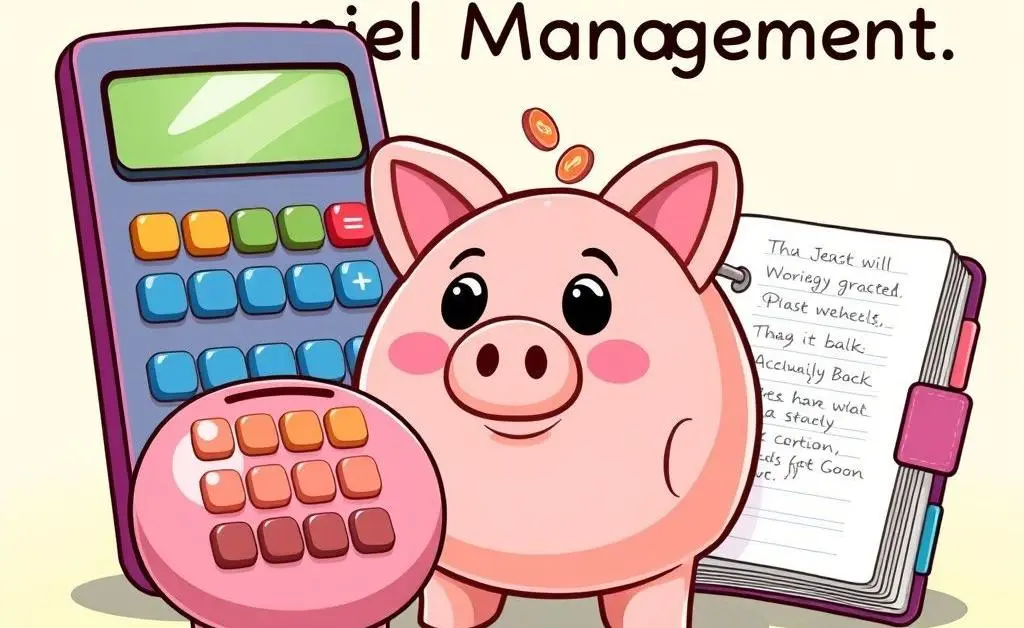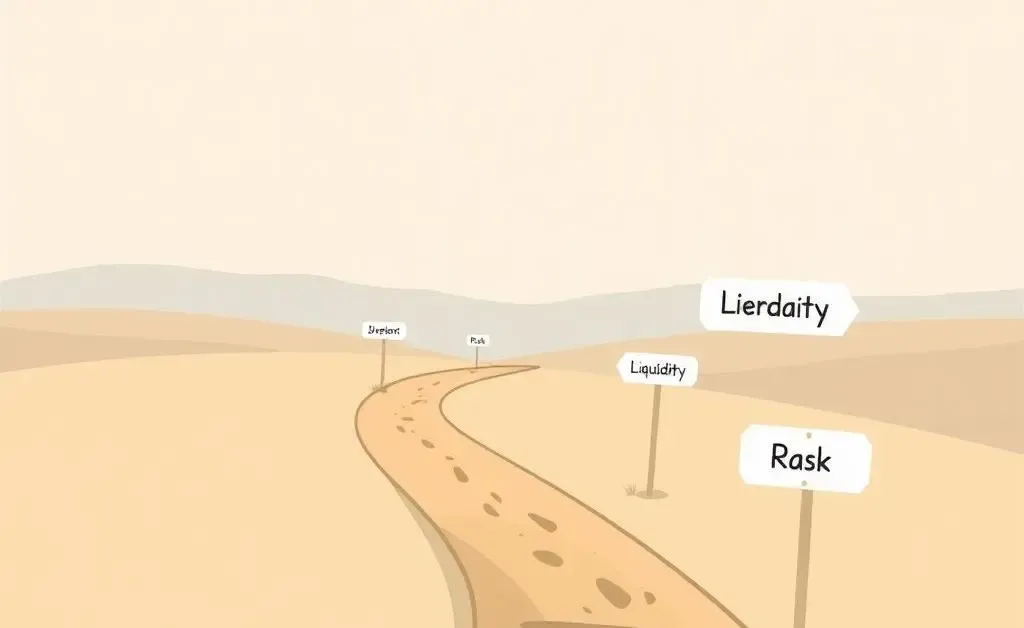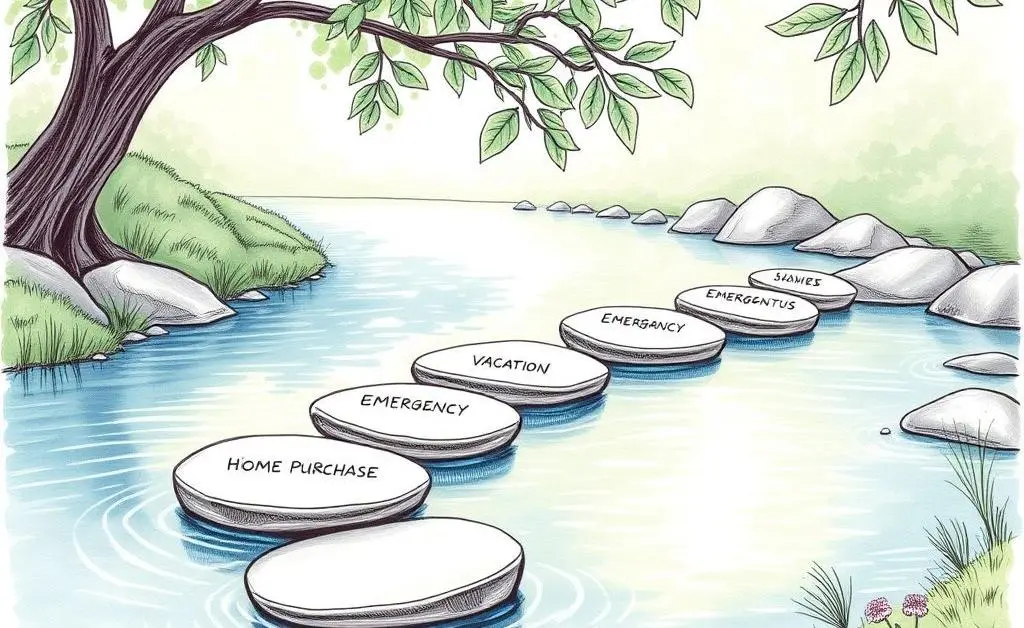Navigating Your Financial Journey: A Friendly Guide to Getting Started
Discover practical tips for building a stable financial future.

Do you remember the first time you decided it was time to take control of your finances? Whether you’re fresh out of school or simply seeking a new start, embarking on your financial journey can feel like setting sail without a map. But fear not; with a little guidance, you can chart a course toward a stable and rewarding financial future.
Why It’s Important to Start Early
The earlier you begin managing your finances, the more time you have to build a solid foundation. By starting young, you give yourself the advantage of compound growth and flexibility. Imagine your savings as a small seed that, given time, grows into a robust tree bearing ample fruit. It takes patience, but the yield is worth the wait.
Creating a Budget
Let’s begin with budgeting—an essential skill that acts as your financial compass. A budget doesn’t need to be rigid; it's more of a gentle guide to help you align your spending with your goals. Use tools like Mint or YNAB to track your income and expenses seamlessly. Keep it simple at first. Track where your money goes each month, set aside funds for savings, and see how it gradually transforms your spending habits.

Setting Up an Emergency Fund
Picture your emergency fund as a safety net. By saving a small portion of each paycheck, you’re securing peace of mind for unexpected life events. Aim to save three to six months’ worth of expenses, and store this fund in a high-yield savings account where it can grow while remaining accessible.
Investing as an Amateur
When the word investing comes up, does it feel daunting? You’re not alone. But, investing doesn’t need to be intimidating. Start small; explore platforms like Vanguard or Acorns that cater to beginners. A simple index fund can be a great start. Remember, investing is more about time in the market rather than timing the market.

Setting Financial Goals
Setting specific financial goals is like plotting destinations on your financial map. Whether your goal is to buy a house, save for retirement, or travel the world, having clear intentions makes your journey purposeful. Write them down, visualize them, and revisit them periodically to track your progress.

In conclusion, starting your financial journey is different for everyone, but the key is to begin. Each step you take, whether it’s setting up a budget, starting an emergency fund, or learning to invest, brings you closer to financial peace and independence. So sit down with a cup of tea, contemplate where you wish to go, and start mapping your journey today.




